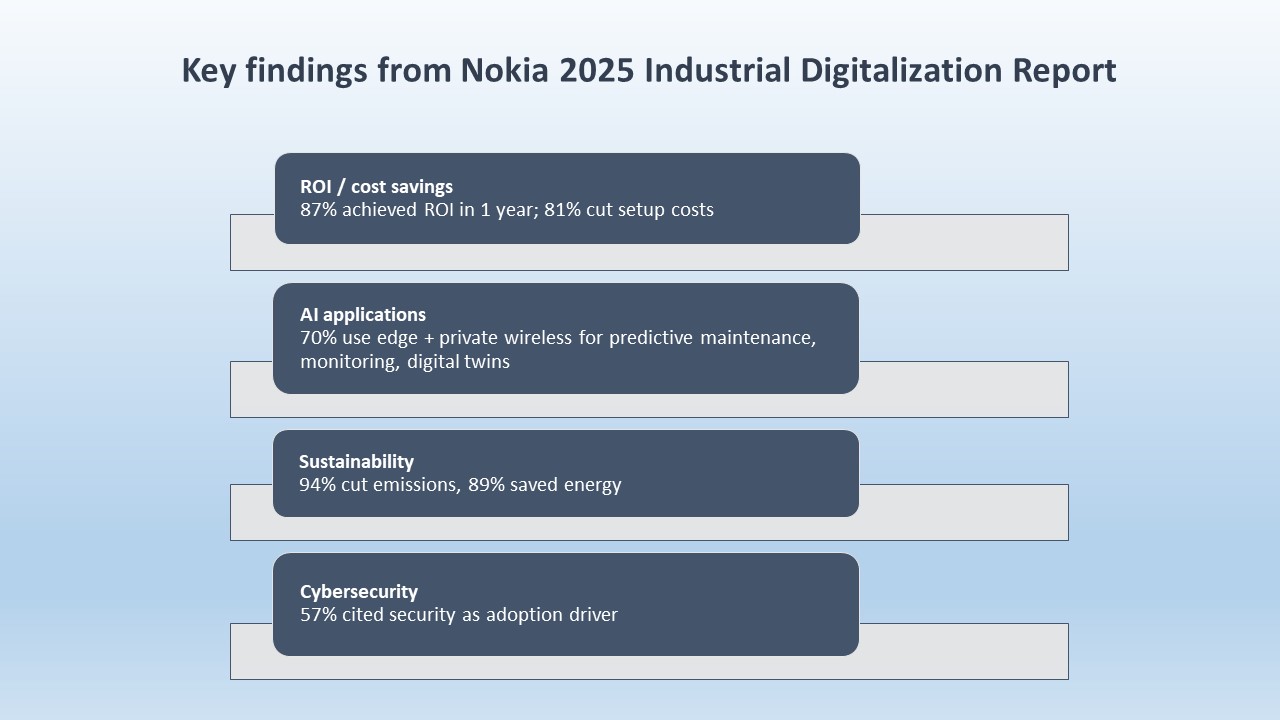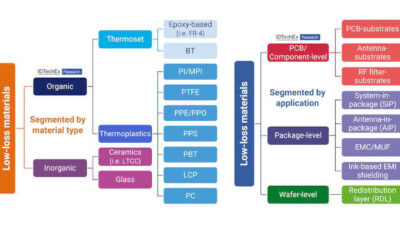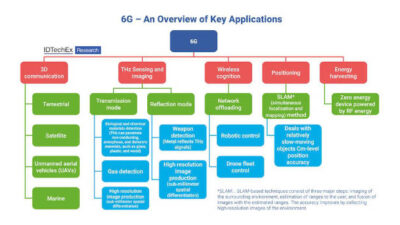Nokia and GlobalData found 87% of enterprises saw 20%+ ROI within a year after deploying private wireless and edge infrastructure.

Nokia, in collaboration with GlobalData, has released Nokia 2025 Industrial Digitalization Report. The study found that 87% of organizations adopting on-premise edge and private network reported achieving return on investment within one year, with applications that incorporate AI. In addition, 81% of industrial enterprises reported reduced setup costs, with more than half noting savings of 11% or more. Ongoing costs also lower for 86% of companies, with 60% r indicating savings of at least 11%.
The report draws on insights from 115 industrial enterprises across manufacturing, energy, logistics, mining, and transportation in Australia, Germany, Japan, United Kingdom and United States.
This is important because manufacturing, processing and other facilities using automation often are seeking ways to expand communications among devices, systems, automation, controls and instrumentation to improve efficiency and throughput in secure and cost-effective ways.
David de Lancellotti, vice president of enterprise campus edge sales at Nokia, says: “GlobalData forecasts the global private wireless network market will nearly double to US$8 billion by 2027. This reflects the growing demand as industries face mounting pressure to modernize in line with global sustainability and efficiency goals. Nokia and Global Data’s latest research helps leaders build strong business cases for digitalization by showing how private wireless and on-premise edge not only reduce costs but also accelerate scalable transformation with measurable improvements in worker safety, productivity, security and environmental impact.”
On-premise edge and private wireless unlock AI’s potential in complex industrial environments
AI applications in industrial settings depend on reliable, real-time data. The report found that 94% of enterprises have deployed on-premise edge technology alongside private wireless. This combination provides secure, low-latency connectivity in industrial environments and broad sensor coverage, including remote areas. Seventy percent of surveyed enterprises reported using these systems for AI applications such as predictive maintenance, real-time monitoring and digital twins.
BASF, a chemical company, deployed Nokia private wireless at its Antwerp facility to support its digitalization strategy and provide reliable connectivity across its six-square-kilometer site. The private network is used for applications such as real-time monitoring, predictive maintenance, automation, worker safety and environmental tracking.
Steven Werbrouck, expert network connectivity at BASF, says: “Private 5G has been a game changer for BASF Antwerp. We’re unlocking automation, strengthening occupational safety, accelerating innovation, and meeting ROI targets in just two years. We have become a front-runner for the wider group with learnings that will deliver value at multiple BASF group locations.”
Private wireless drives sustainability gains
The study reports that operational changes linked to private wireless networks are contributing to sustainability efforts. Ninety-four percent of surveyed industrial enterprises reported lower carbon emissions, with 41% citing decreases of more than 20%, and 89% noting energy savings. These results are associated with predictive maintenance, connected devices, and drones, which reduce fuel- dependent travel and support emissions monitoring during operations.
Safety, efficiency, and automation with connected worker technologies
In addition to environmental factors, 71% of surveyed companies reported deploying connected worker tools such as automated alarms, AI-assisted monitoring and geofencing to help reduce accidents and improve worker safety. These devices reduce the need to move for signal, make information easier to access, lessen paperwork, lower the risk of mistakes, and support on-site efficiency and automation.
Cybersecurity drives on-premise edge and private wireless adoption
Security was cited as a major factor, with 57% of respondents saying cybersecurity influenced their decision to deploy an Industrial Edge platform using a private wireless network. These networks include encryption, physical separation and support for zero-trust frameworks, which can be applied in critical infrastructure and help meet continuity and compliance requirements.
Gary Barton, research director, GlobalData says: “Industrial enterprises are turning to private wireless and on-premise edge to drive innovation and industrial transformation. These deployments are delivering a clear return on investment and enabling use cases that would not otherwise have been possible. Private wireless and edge have helped enterprises to improve worker safety, support sustainability, and create a delivery platform for AI-powered solutions such as process automation and predictive maintenance.”
Edited by Puja Mitra, WTWH Media, for Control Engineering, from a Nokia news release.



